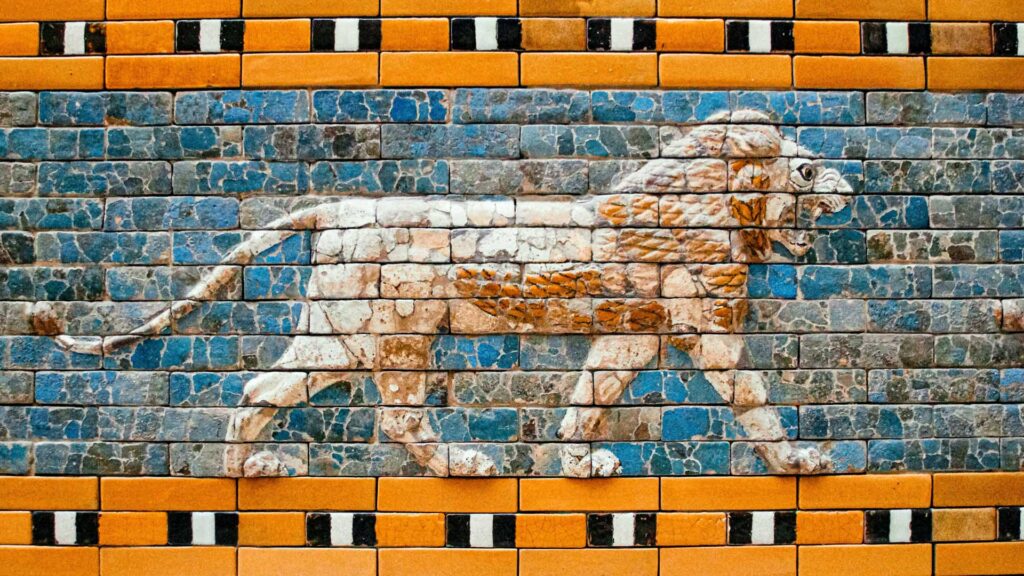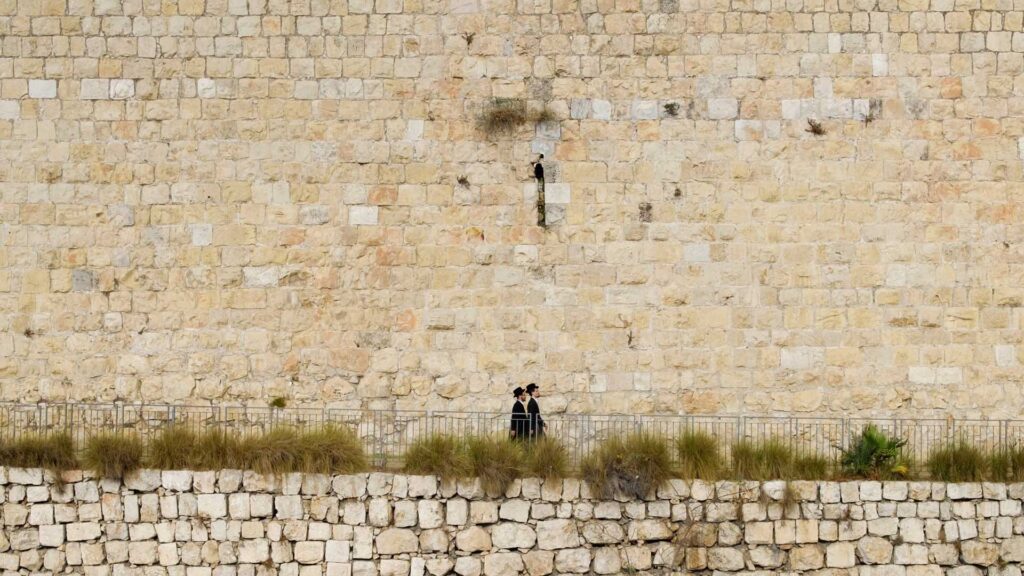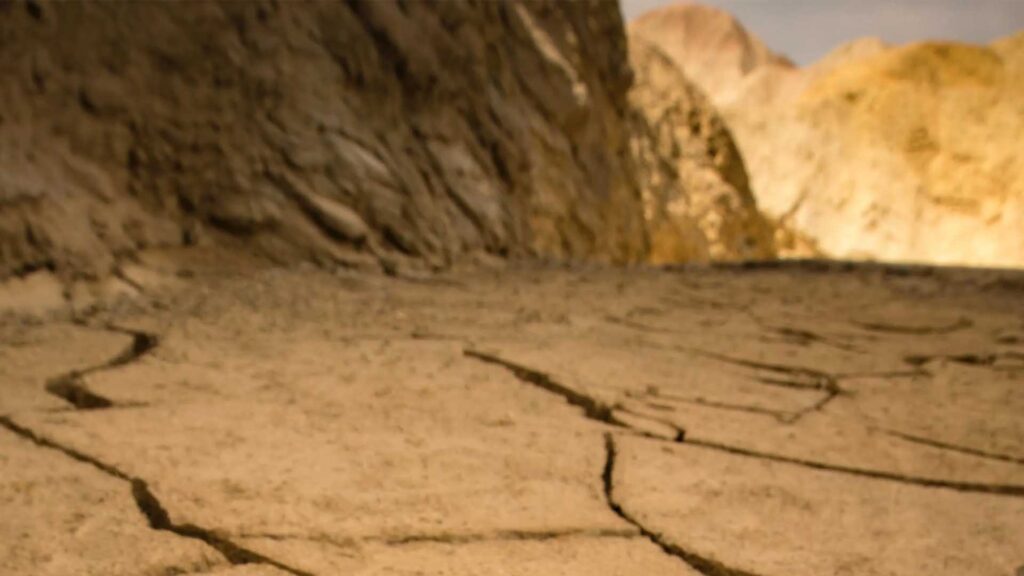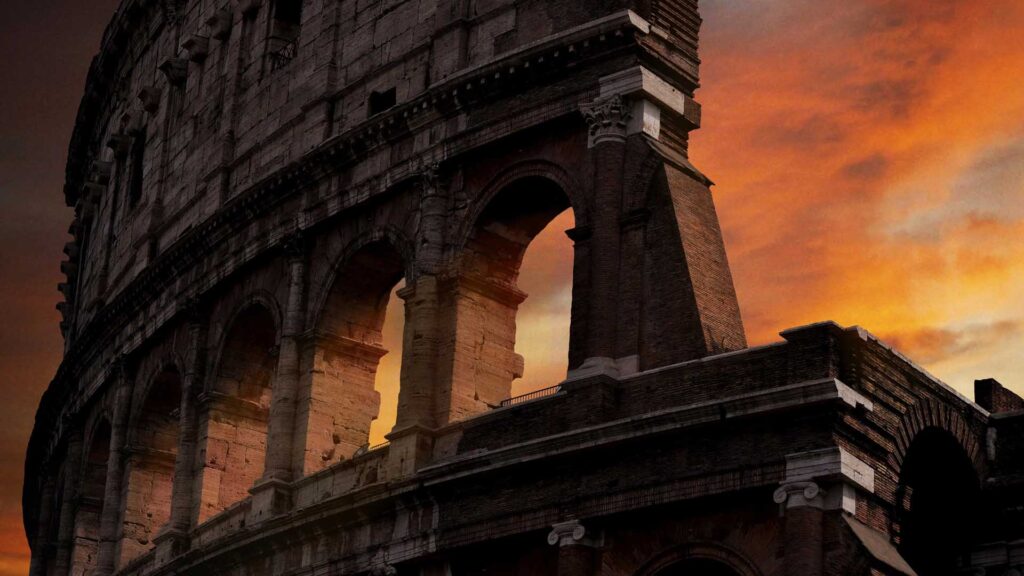
Babylon Attacks on the Sabbath
Nebuchadnezzar, King of Babylon, attacked Jerusalem several times before its final destruction. Nebuchadnezzar’s second attack came on March 16, 597 BC—a Sabbath. It appears that the end of the siege of Jerusalem following Nebuchadnezzar’s third attack also occurred on a Sabbath. These attacks on the Sabbath occurred more than once during Jerusalem’s history, and point to the Jews’ reluctance to fight and resist on the Sabbath.





